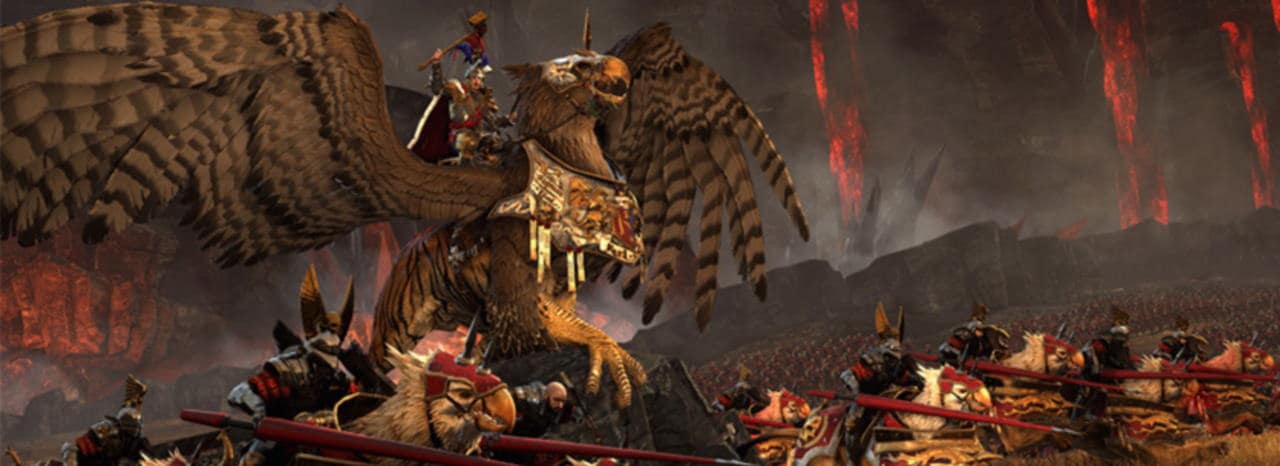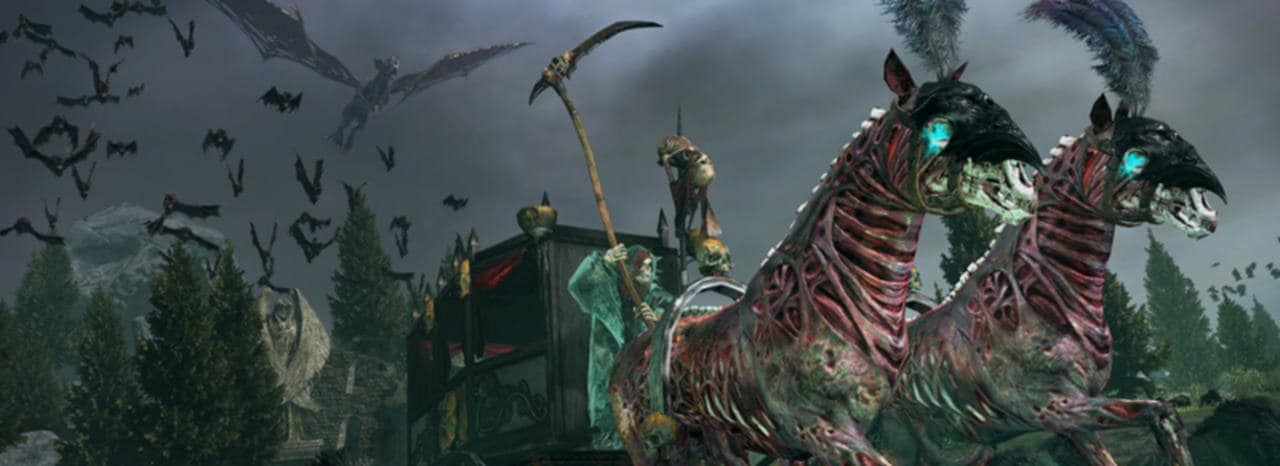




Guest Authors
Since we launched GPUOpen back in 2016, we’ve had a steady flow of guest posts from, or in collaboration with, a variety of games developers.
Here, you can read about how others have implemented FidelityFX effects and other GPUOpen software. These guest authors also share with you insights into the development of their own games, including various techniques and algorithms, and how they measure and improve performance.
Learn from those who have already been there, and done that!
Popular guest posts
You can contribute too!
We’re always on the lookout for new guest posts and collaborative content to share with our readers.
Got an idea for a post? Get in touch with us via your usual channels, or through @GPUOpen